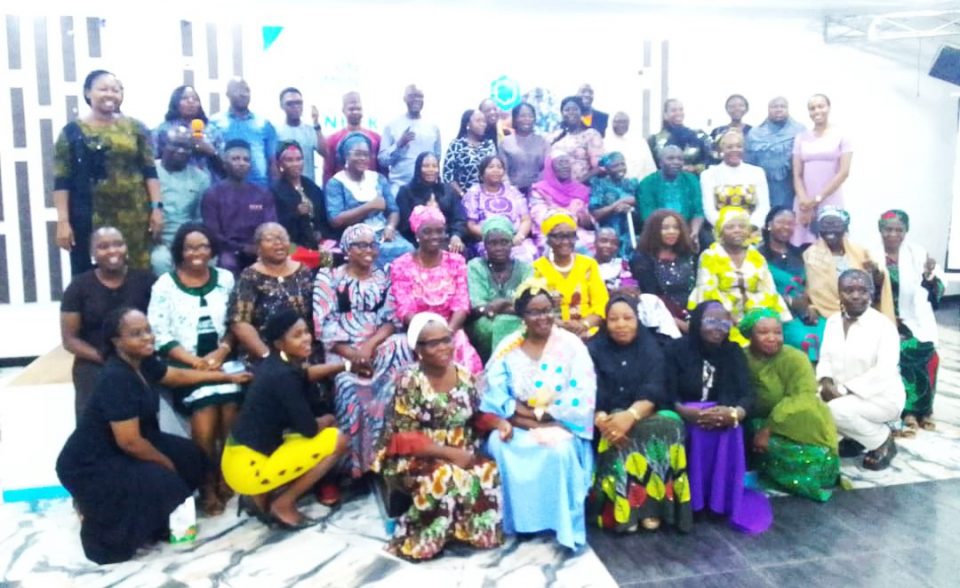Photo caption: Participants from across North-Central States and FCT at a training programme on gender-responsive planning and budgeting organised by UN Women, held in Ilorin, Kwara State on Wednesday, Photo credit: Abdullahi Olesin
Federal and state governments have been urged to take the issue of gender-responsive budgeting (GRB) seriously as part of measures to guarantee accelerated development.
The Country Representative to UN Women Nigeria and Economic Community of West African States (ECOWAS), Ms Beatrice Eyong, made the appeal in her presentation at a gender responsive planning and budgeting for state ministries, networks and coalitions in the North-Central, held on Wednesday in Ilorin, Kwara State.
Eyong stressed that gender responsive budgeting improves efficiency by ensuring spending goes to those who need it and improves control by identifying groups, individuals, places and results targeted by government services.
She added that the GRB also helps in monitoring programme implementation and accountability.
“GRB also helps to provide a report on the progress of national and international commitments to promote gender equality and women’s empowerment,” Eyong said.
She said the GRBP training aimed at reducing socio-economic inequalities between men and women in different groups in the society by considering the principles of equity and equality.
Declaring the training open, the Kwara State Commissioner for Women Affairs, Hon. Afolashade Opeyemi, lauded the UN Women initiative, describing the programme as timely.
She said, “This gathering could not have come at a more critical time. As we move to advance gender equality and create inclusive governance, we must recognise that our policies, plans, and budgets are vital tools in driving real, tangible change. Gender responsive planning and budgeting represent not only an opportunity, but an obligation to ensure that women, men, girls and boys benefit equally from public resources.
“In many parts of our country, women continue to face structural barriers that limit their access to opportunities and essential services. Without the deliberate incorporation of gender considerations into our planning and budgeting processes, we risk perpetuating inequalities that can hinder the overall development of our communities.
“This training therefore, offers a unique platform for us to explore strategies that can make our policies and budgetary decisions more equitable. Through gender responsive budgeting, we will learn to identify and address gender gaps, ensuring that resources are allocated in ways that support the empowerment of women and girls, and that social and economic services are more effectively delivered to all. ”
Participants for the training were drawn from the Federal Capital Territory (FCT), Kwara, Kogi, Benue, Nasarawa and Plateau States.




